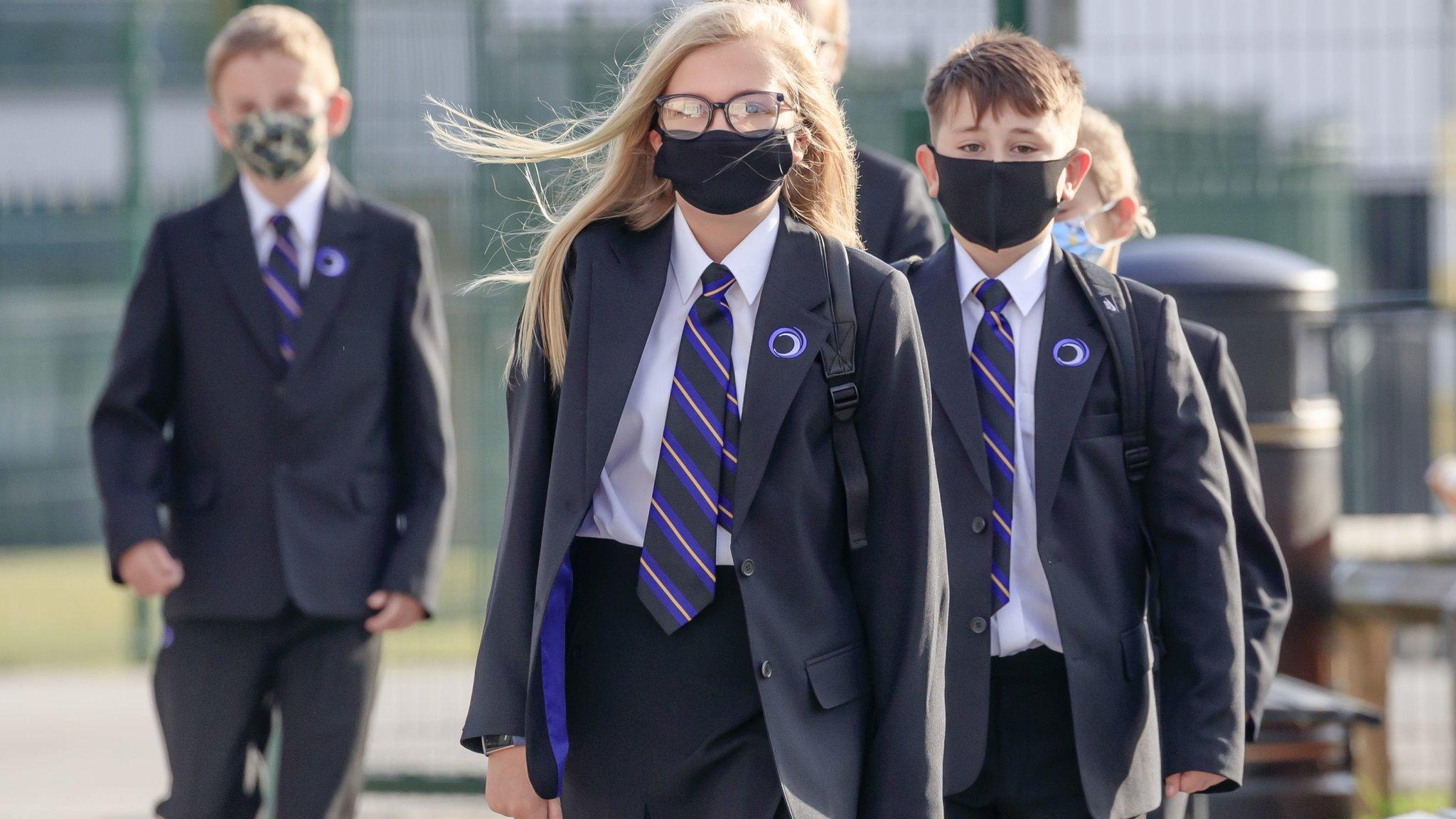Coronavirus: How lockdown rules differ in Northern Ireland
- Published
When it comes to re-imposing lockdown restrictions, every area of the UK is moving at a slightly different pace.
Northern Ireland's Executive has diverged from governments in other parts of the UK - and the Republic of Ireland - with its respective plans, external to try and tackle a resurgence of Covid-19 cases.
Here's a look at how the restrictions compare to measures announced in other parts of the UK and the Republic of Ireland.

Family and community
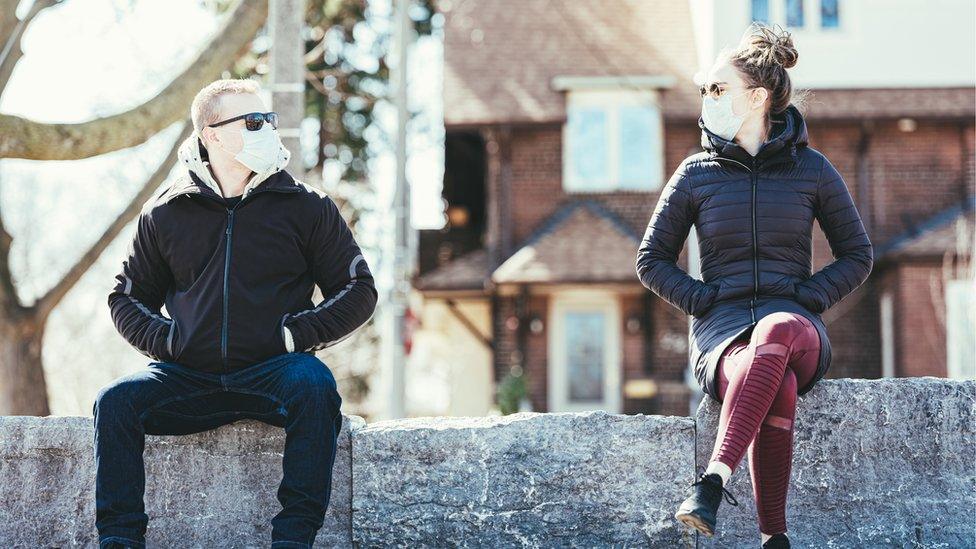
In Northern Ireland, people who do not share a household can meet up outdoors, while maintaining social distancing, in groups of up to 15 people.
But no indoor visits to other people's homes are allowed, with limited exemptions. No more than six people from two households can meet in a private garden.
In the Republic of Ireland, new Level 5 restrictions taking effect on Thursday mean that no social or family gatherings are allowed in homes or gardens, but visits on compassionate grounds and for caring purposes can continue.
In Scotland, people have been banned from visiting other households indoors since 25 September. Although there are also some exemptions and children under the age of 12 do not count towards the limits on the number of people who can gather outdoors, and on the number of households.
In Wales, new rules taking effect this Friday mean that people must not visit other households at all, or meet other people they do not live with either indoors and outdoors.
In England, the rules differ depending on which region you live in and the tiered level of restrictions. People living in areas placed under the highest (Tier 3) Covid alert levels cannot mix with other households or support bubbles under most circumstances.
In areas without local restrictions, up to six people of any age from multiple households can meet indoors and outdoors.
Places of worship can still continue to operate services in Northern Ireland.
Weddings, civil ceremonies and funerals can still be held but these are limited to 25 people. These limits will also apply in the Republic of Ireland.

Exercise
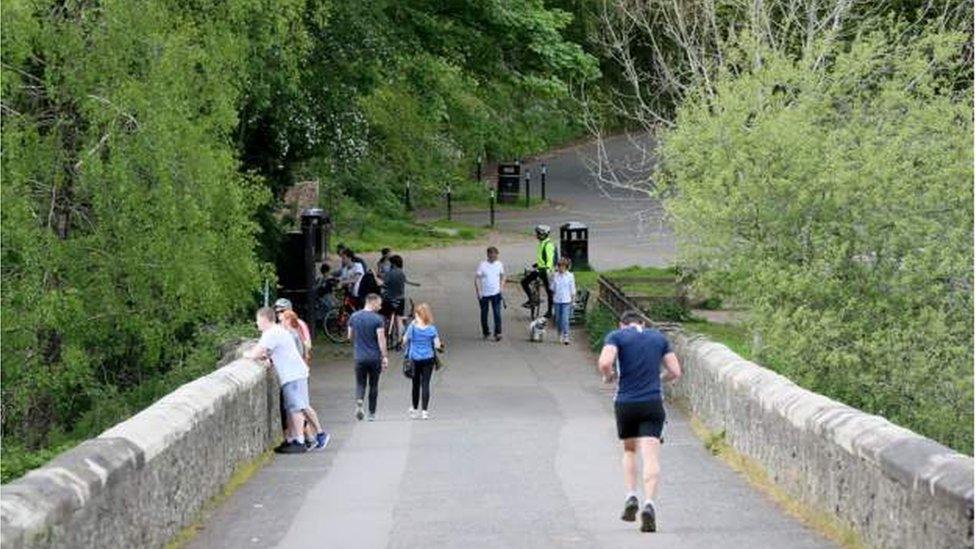
In Northern Ireland, there is no limit on where you can go for exercise but people are advised to avoid unnecessary travel.
Gyms and swimming pools remain open but only for individual use, classes are banned under the latest rules. All indoor sport, and sport involving mixing of households is also not allowed - with an exemption for elite sport to continue.
In the Republic of Ireland, people will be able to meet up outdoors with one other household away from their home for the likes of exercise, but only within a 5km (3 mile) limit.
In Scotland, contact sports and training for those aged 18 and over have been suspended, although professional sports can continue. Indoor group exercise activities are not allowed - with an exemption for under-18s.
In Wales, the government says exercise "should be undertaken locally" - from home or as close as possible to the home. There are exemptions for elite athletes, but many sports clubs such as golf and tennis facilities will be required to close during the latest lockdown period.
People in England, the rules on exercise differ depending on the tiered level of restrictions in force, external in the area.
Work
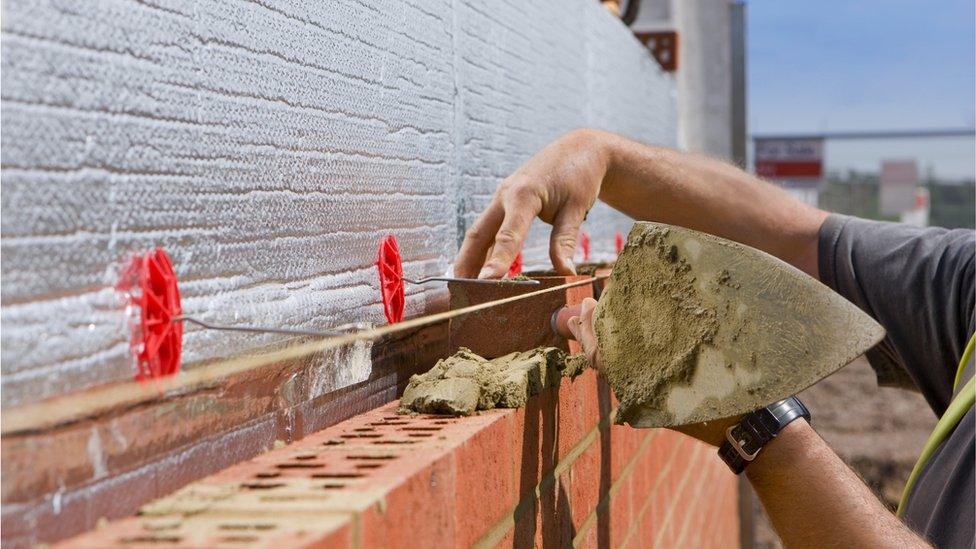
In Northern Ireland, people are being told to work from home "unless you are unable to do so".
In the Republic of Ireland, people are being asked to stay at home and those who can work from home must do so, external - unless you are providing an essential service for which your physical presence is required.
People in Wales are being told to "work from home if you can", but those who cannot work from home can go to their workplace, provided it can be done safely, external.
In Scotland, the government says everyone who can work from home should continue to do so.
In England, guidance on returning to work changed on 22 September, external when office workers were told if they could work effectively from home over the winter, they should do so.

Shopping and leisure

Non-essential shops in Northern Ireland, which reopened on 12 June, are allowed to remain open under the latest restrictions agreed by the executive last week.
However, pubs, bars, restaurants and cafes can only offer a takeaway and delivery service, with reduced opening hours.
Close-contact services such as hairdressers and beauty salons have also had to close their doors.
In the Republic of Ireland, the new rules are tighter - all but essential shops must close and hospitality businesses can only offer a takeaway service, external.
Businesses in Wales required to close under new rules include all leisure and non-essential retail, external, as well as close-contact services.
In Scotland, shops can remain open but new rules for the hospitality sector took effect on 9 October.
All pubs and restaurants in the central belt are closed, both indoors and outdoors, while venues in the rest of Scotland are not allowed to serve alcohol indoors. They can only open between 06:00 and 18:00 for food and non-alcoholic drinks.
In England, pubs and bars in those areas under Tier 3 restrictions must close, while a 22:00 BST closing time remains in place for venues in other areas. Non-essential shops can remain open.

Schools
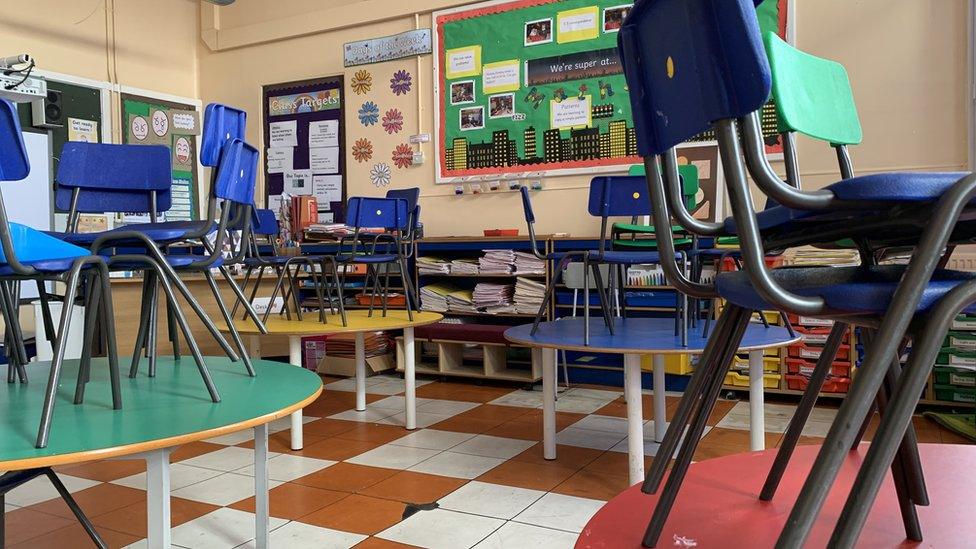
Northern Ireland was the first part of the UK to announce that schools would be closing for an extended half-term break, as part of plans by the executive to curb the spread of coronavirus.
Education Minister Peter Weir, and his party leader Arlene Foster, insist schools will reopen on 2 November, despite calls from other parties in the executive for a longer closure.
The Republic of Ireland's government has insisted that early learning and childcare services will continue to remain open, even with the new Level 5 restrictions.
In Wales, primary schools will reopen after the half-term break, but only Years 7 and 8 in secondary schools can return at that time under new rules.
The Scottish government has not chosen to close schools again, but has already said some exams will be cancelled in 2021, and replaced with teacher assessments and coursework.
In England, the government insists it has no plans to close schools. Even in areas that are under the strictest Tier 3 lockdown, schools remain open for now.

A SIMPLE GUIDE: How do I protect myself?
AVOIDING CONTACT: The rules on self-isolation and exercise
WHAT WE DON'T KNOW How to understand the death toll
TESTING: Can I get tested for coronavirus?
LOOK-UP TOOL: Check cases in your area

- Published19 October 2020
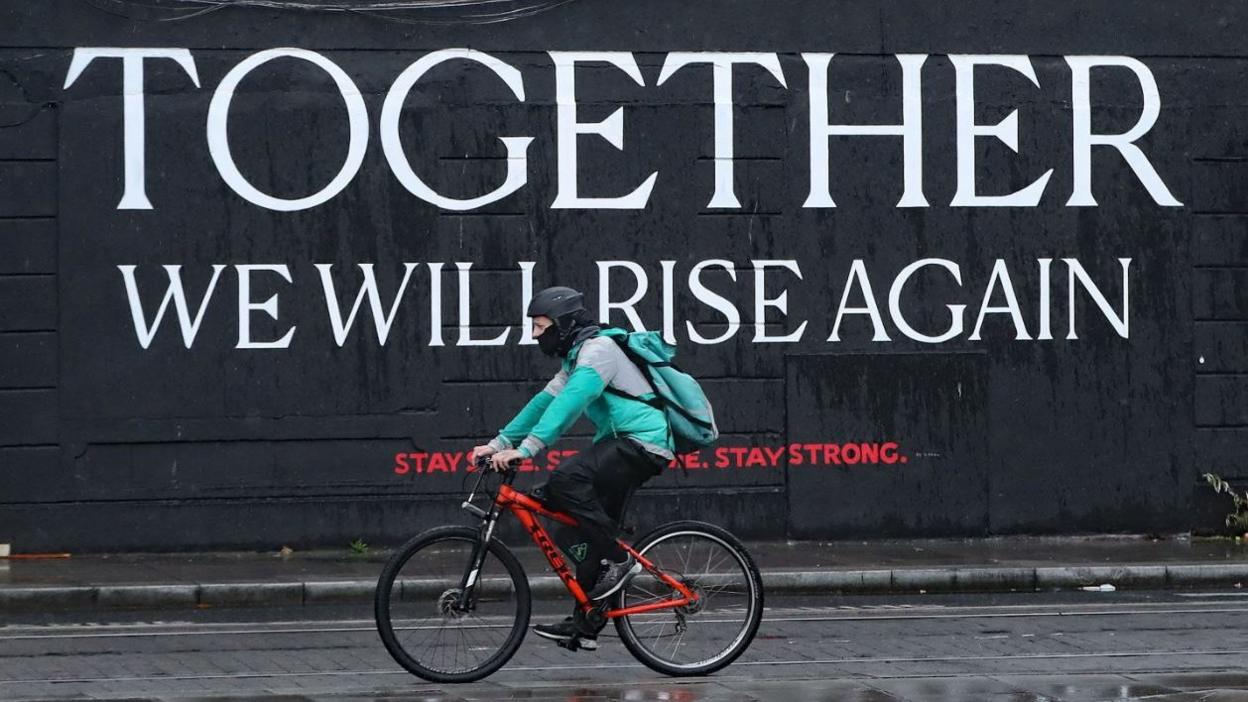
- Published29 July 2021

- Published14 October 2020
